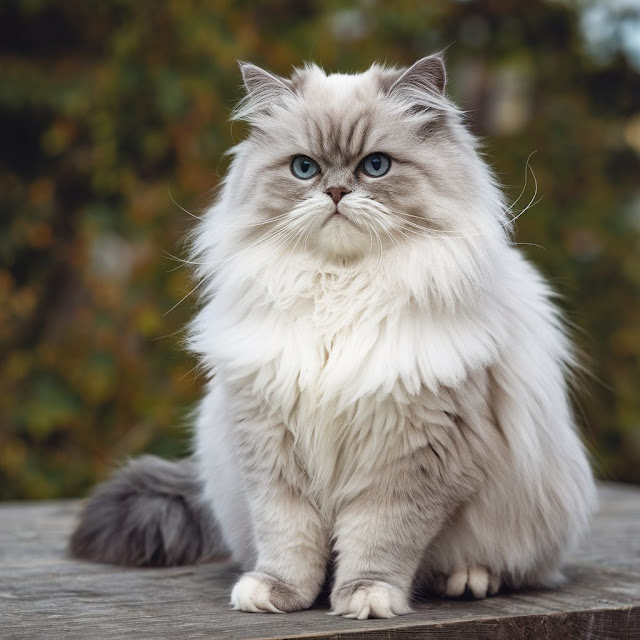When deciding on a cat for your daughter, whether it's a small kitten or an adult cat, there are several factors to consider to ensure you choose the right companion that fits her personality and meets her needs. Having a cat at home is a wonderful experience, as it can teach children responsibility, kindness to animals, and bring joy and fun into their lives. Here are some aspects that can help guide your decision:
1. Choosing the Right Size and Age:
Small Cat (Kitten):
Flexibility in training: Kittens have the ability to adapt to their new environment and learn required behaviors, such as using the litter box and social interaction.
They grow and learn alongside your child, strengthening their bond.
Activity and energy: Kittens are known for their high energy and love of play and exploration, making them perfect for children who enjoy playing and adventures.
Care commitment: Kittens require more care and supervision, especially during the first few months of life.
A safe, quiet environment is essential, and their diet requires special attention.
Large Cat (Adult):
Calmness and stability: Adult cats tend to be calmer and more independent compared to kittens.
If your daughter is looking for a quiet, less active companion, an adult cat might be the best choice.
Ease of care: Adult cats are often already trained to use the litter box and interact with people, making them easier for the family to care for without needing intensive training.
Defined personality: You’ll be able to see the cat's personality clearly before adopting it.
This allows you to choose a cat with traits that match your daughter’s needs.
2. Other Considerations:
Space at home: If you live in a small home, a kitten may be more suitable since it requires less space, whereas an adult cat may need more room to move around.
Daily schedule: If the family is busy most of the time, an adult cat might be more appropriate as it requires less attention than kittens.
Allergies: Ensure that no one in the household has allergies to cats, particularly their fur, which can be a problem for some people.
3. How to Feed the Cat for the First Time:
Kittens:
Proper nutrition for kittens: Kittens require special food high in protein and fat to help them grow properly.
You can choose between wet food or dry food specifically formulated for kittens.
Gradual portions: At first, offer small amounts of food to ensure the kitten adapts to the new diet.
It may be necessary to divide their meals into 3-4 portions a day to ensure they receive proper nutrition.
Ensure water intake: It's important to always provide clean water.
Kittens need water to stay hydrated and support digestion.
Adult Cats:
Balanced diet: Adult cats need a diet that includes a mix of proteins, vitamins, and minerals.
Make sure to choose food that meets their nutritional needs and is appropriate for their age.
Gradual introduction to new food: If you are introducing new food to the adult cat, do so gradually, as the cat may need time to adjust.
You can mix a small amount of the new food with the old food and increase the ratio over time.
Monitoring: After the first feeding, observe the cat's behavior and health.
If there are any signs of allergies or discomfort, consult a vet.
4. Health and Emotional Care:
Veterinary check-up: It is essential to visit the vet after adopting the cat, whether small or adult, to ensure it's free of diseases and to get the necessary vaccinations.
Play and interaction: Whether small or adult, playing with the cat daily will help it feel comfortable in its new home and strengthen its bonds with family members.
Choose safe toys appropriate for the cat’s age to prevent boredom and increase physical activity.
Providing a suitable environment: Ensure a comfortable sleeping area for the cat, as well as a quiet place for the litter box to help it feel safe.
Conclusion:
When choosing a cat for your daughter, think about her nature and lifestyle, as well as the cat’s needs in terms of age, size, and care.
A small kitten may be a great choice if you're looking for a playful companion, while an adult cat may offer calmness and stability if you prefer an independent pet.







Say anything 😀